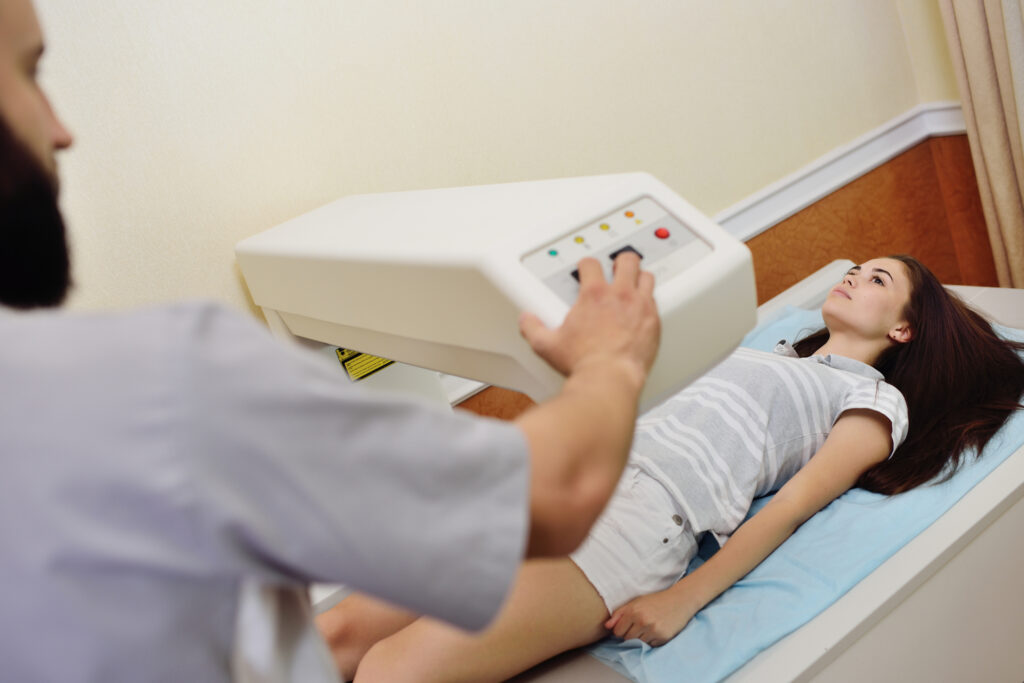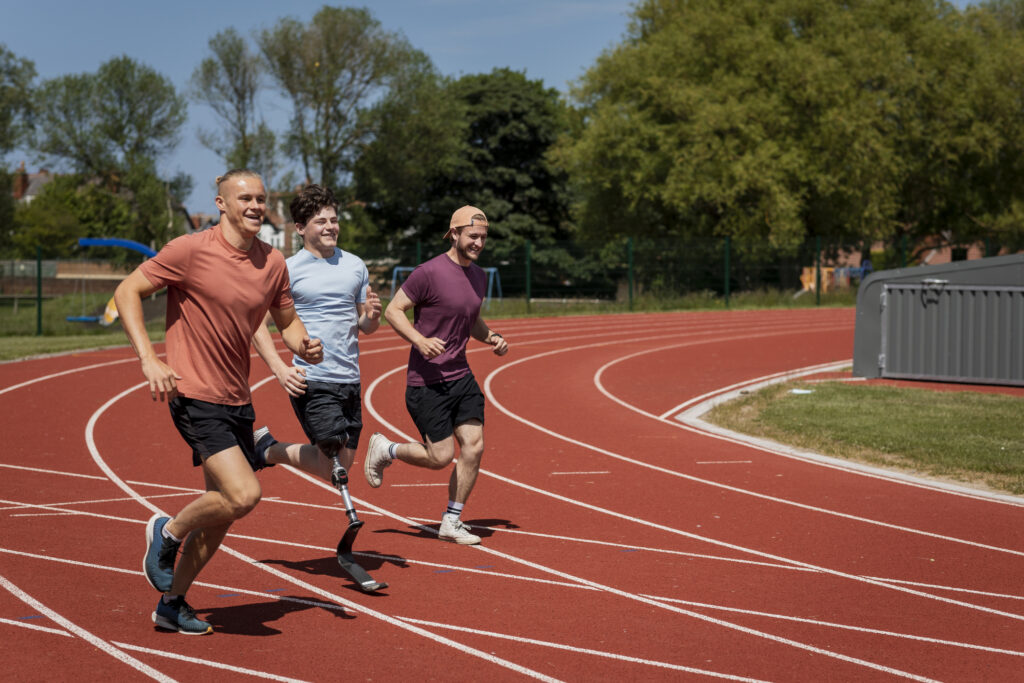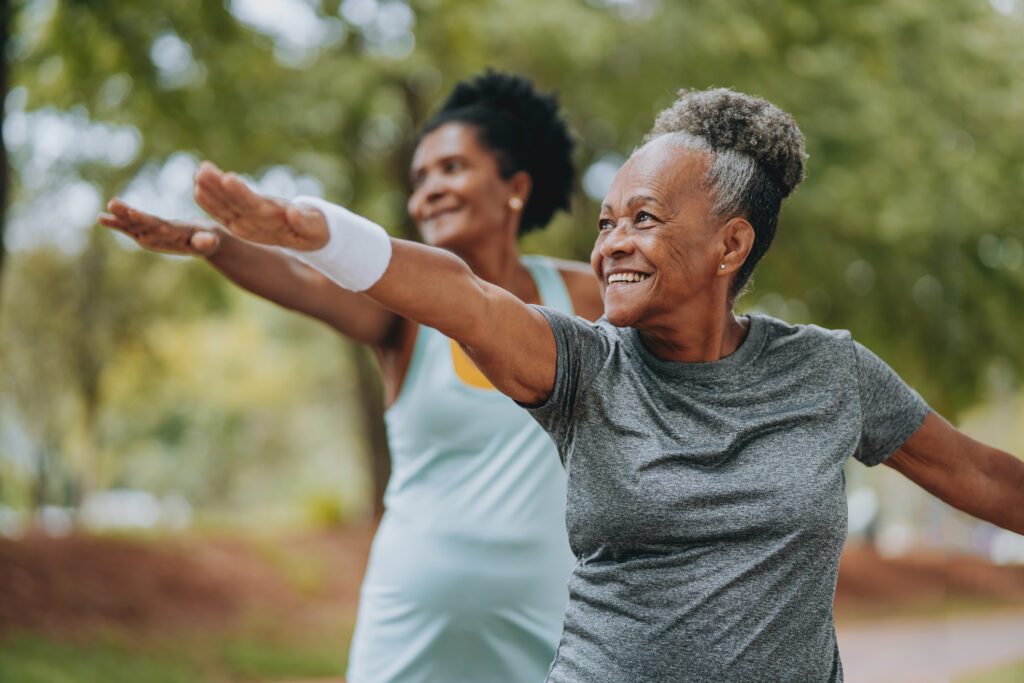Air Pollution Diminishes the Benefits of Physical Activity for Brain Health

Physical activity is recognized as one of the key healthy lifestyle behaviors that reduces the risk of developing dementia late in life. Physical activity requires increased rates of respiration. Thus, in areas with high levels of air pollution, physical activity may increase exposure to particulate matter and gases that are linked with higher risk of […]
A Day in the Life of a Group Exercise Instructor

I always laugh when people assume that teaching group exercise means getting paid to exercise. So far from the truth! Any group instructor knows this is a fallacy. From the outside it looks easy to do — a little like a duck gliding along the in water, you don’t see the little legs churning. Still, […]
Sedentary Behavior and Physical Activity Are Associated with Cardiac Fat

Obesity is a primary etiology of many adverse health outcomes. The body has two primary types of fat tissue: subcutaneous fat and visceral fat. Subcutaneous fat is the adipose tissue that lies below the surface of the skin, whereas visceral fat is the adipose tissue that lines the internal organs. Visceral fat, compared to subcutaneous […]
Learning from Experience: Growth Potential of Exercise from Free-Living Protein Synthesis in Men and Women

Skeletal muscle is the engine that drives human health and performance and is influenced by modifiable healthy lifestyle behaviors (i.e., nutrition and exercise) and non-modifiable factors (i.e., sex and age). It is well-established that resistance exercise stimulates the synthesis of skeletal muscle protein (especially the force-generating myofibrillar fraction) for up to 48 hours. This ultimately […]
ACSM-AMSSM Call to Action: Adapting Preparticipation Cardiovascular Screening to the COVID-19 Pandemic

(INDIANAPOLIS) — A joint paper of the American College of Sports Medicine (ACSM) and the American Medical Society for Sports Medicine (AMSSM) has published in the May issue of ASCM’s clinician focused journal, Current Sports Medicine Reports. This call-to-action document indicates that preparticipation cardiovascular screening (PPCS) is recommended by all major professional organizations overseeing the clinical care […]
Can We Rewrite the Self-Care Script?

Frankly, the last thing I want to do today, personally and professionally, is to tell you to practice self-care. Given that I have been promoting self-care practice since 1992, it feels odd and uncomfortable to say this to you. It also feels a little scary, given we all know that self-care is a key to […]
Sprint Interval Training and Its Effects on Central Hemodynamical Factors

In the last decade, various forms of interval training have gained popularity. In fact, high-intensity interval training has been in the top five in ACSM’s Annual Worldwide Survey of Fitness Trends since 2014. Sprint interval training has also gained popularity in recent years. These two forms of interval training are used in many different populations, including patients […]
Integrating Eastern Mindfulness Movements into Exercise Routines in the Era of the Pandemic

Take a look at the mass media and social media you are currently watching or reading in the month of May. What do you see? Most likely, you see articles mentioning Mental Health Awareness Month, Asian American and Pacific Islander Heritage Month, and exercise or physical activity recommendations in the era of the COVID-19 pandemic. […]
The Heritage Family Study: Honoring the Past and Looking Forward

In 2022 we celebrate the 25th anniversary of the HERITAGE (HEalth, RIsk factors, exercise Training And GEnetics) Family Study. The May issue of Medicine & Science in Sports & Exercise® (MSSE) highlights a multitude of the more than 200 publications and other dissemination products from data generated from this groundbreaking and important research program. The HERITAGE study described the role of […]
Cognitive Benefits of Physical Activity for Older Adults

Physical activity improves both physical and cognitive health, especially among older adults. Cognitive health encompasses many aspects of our daily functioning: memory, maintaining attention and concentration, dealing with distractions, solving problem and making decisions. Those cognitive functions tend to decline as we age, and physical activity can greatly prevent cognitive decline. For example, a meta-analysis has shown […]
